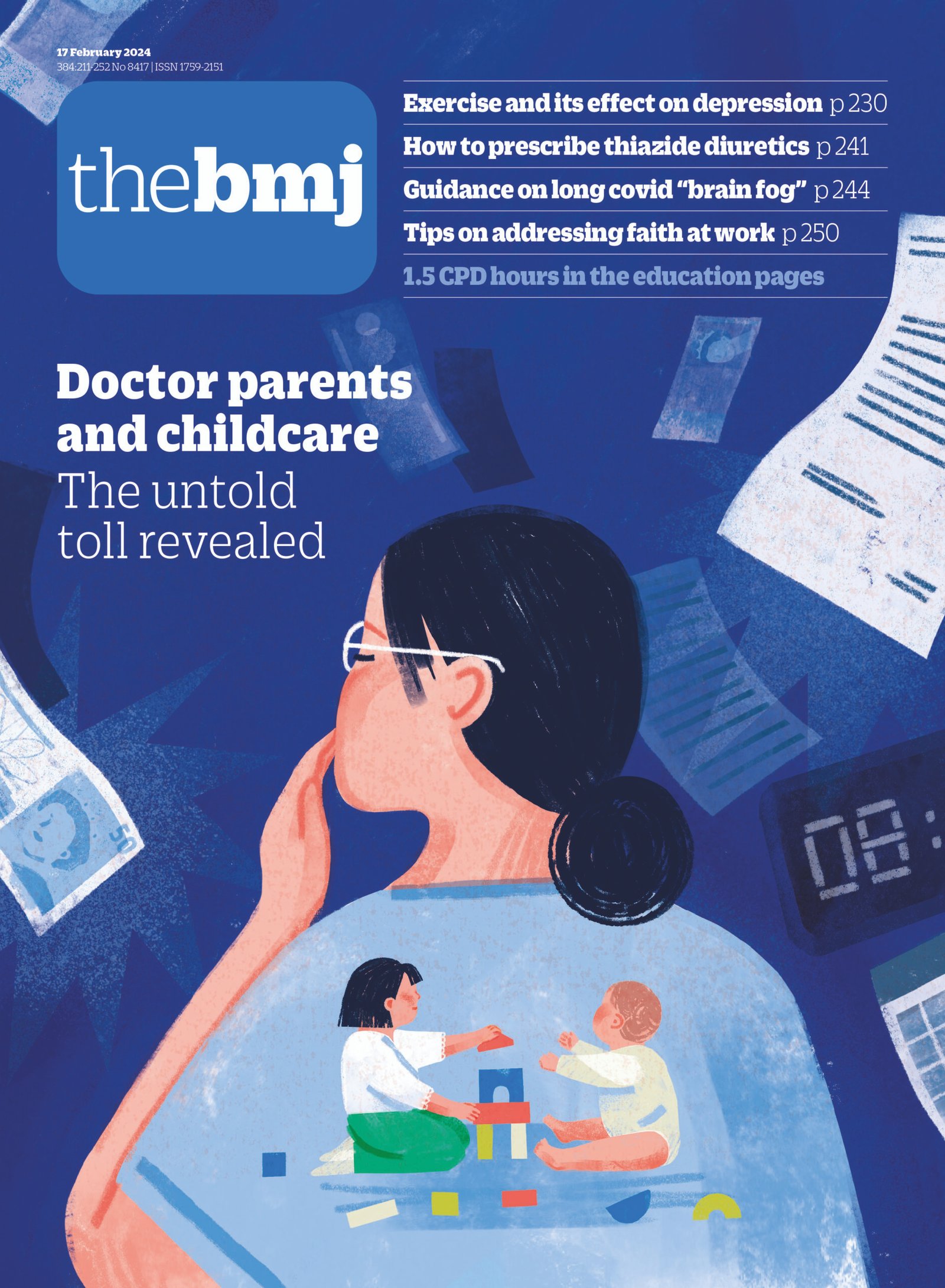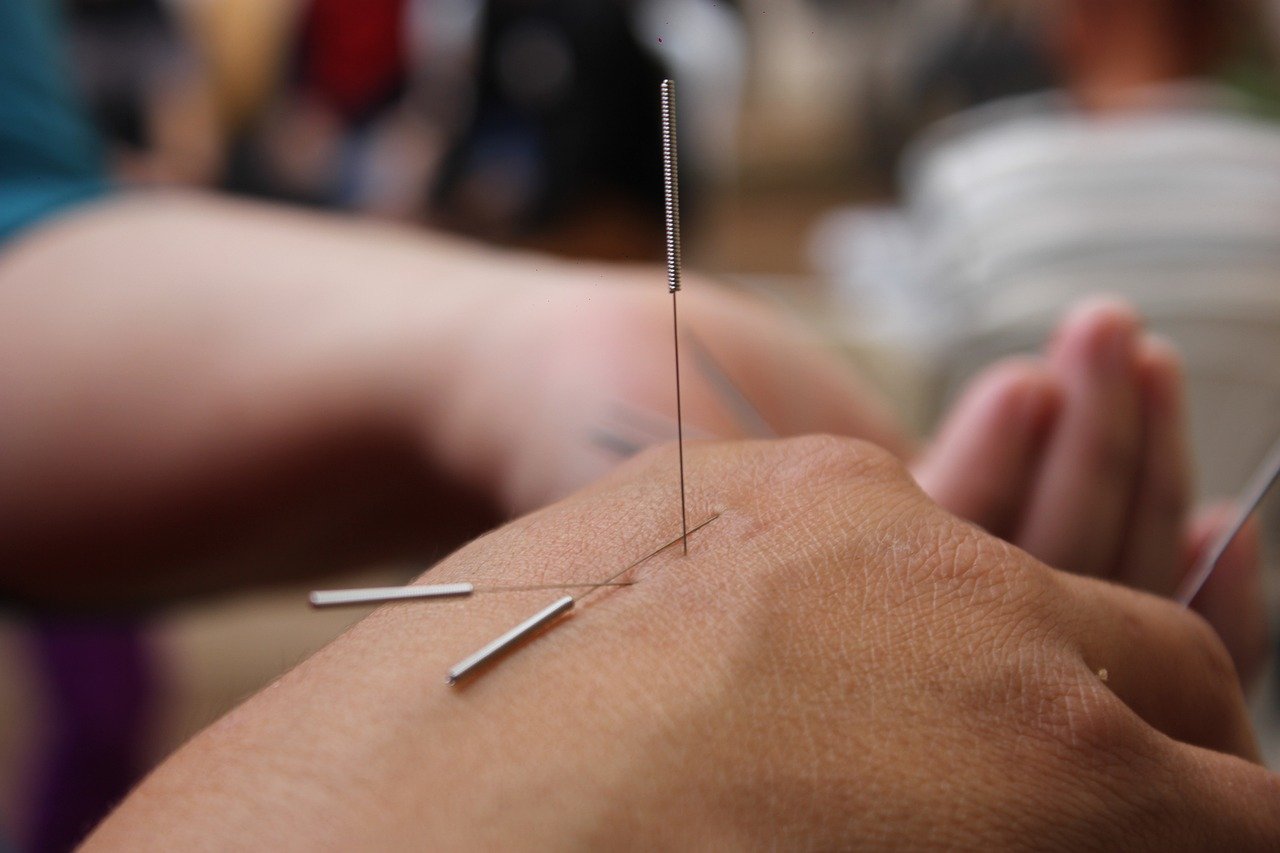- Thom Petty, anaesthetist, actor, writer, and director
It’s said that with great power comes great responsibility. In spring 2020, there’s no doubt that the professional power of doctors diminished as we contended with a novel virus that had no evidence based treatment. The medical workforce lost its usual sense of control. Despite this, our sense of responsibility was greater than ever as we cared for the rapidly increasing numbers of people becoming ill with covid-19. Alarmingly, we also found ourselves being asked to perform Orwellian “doublethink” when the government line so often did not match our experiences.
I never imagined that three years later I’d be trying to recreate that time for a TV programme. Last year I was the lead medical adviser to ITV’s Breathtaking, a drama based on the pandemic memoir of palliative care doctor Rachel Clarke, and co-written with former doctors Jed Mercurio and Prasanna Puwanarajah. I started life as an anaesthetist but later trained as an actor. I now have a portfolio career in acting and filmmaking alongside an NHS commitment. With this job my two worlds collided.

Like many of those who cared for patients with covid during the early pandemic, my own experience of that time still lives with me, albeit packaged away in a psychological box that I rarely open. Consequently, I was reticent about the project at first. The devastating first months of the pandemic are supposedly history now and it’s understandable that people want to move on. It’s the job of the UK covid-19 inquiry to tie up the many loose ends and ask questions about the government’s response, while doctors have more pressing crises to deal with in our day-to-day work, both clinical and political.
As the scripts filtered through, however, I realised that this was an opportunity to revisit the early pandemic in a way that offered something different to journalistic content, statistical dashboards, or formal inquiries. The public’s capacity to consume news about covid may have fatigued, but could a TV drama remind us of the ordeals people endured and the government failings they haven’t been held to account for?
Breathtaking is hot on the heels of Mr Bates vs the Post Office, which catapulted the Horizon scandal back into public consciousness despite it having being a simmering news story for years. What seemed to capture the public’s imagination was being presented a select number of individual stories that encapsulated the wider injustice. Similarly, in Breathtaking the camera captures human vignettes of what was happening in NHS hospitals in 2020 and provides an emotional proximity that factual reporting can’t.
Recreating the early days of the pandemic
As I arrived for the five week shoot I realised the scale of the task ahead. The characters and hospital are fictional but the content is authentic and testimonies were provided by healthcare professionals. My role was to help translate the script to the screen. With my colleague Andrew Cinnamond, a general medicine doctor, I navigated everything from scrub choices to syringe pump alarms, and from the depth of chest compressions to the correct removal technique for personal protective equipment (PPE). The questions from the production team were endless but necessary. It was imperative to make it feel like the NHS, to replicate the relationships and hierarchies, so that the viewer had the sensation that this could be their hospital. This wasn’t just a pedantic exercise in replication—in the realism lay the drama’s ability to engage and persuade.
As well as advising, I also play emergency department doctor Neil in episode one. As I donned PPE once again and choreographed the first complex resuscitation scene, the smell of the FFP3 mask and the sting of its tight elastic transported me back to the early pandemic. It was the ultimate medical simulation exercise but was it too early to be recreating the pandemic for television? For some healthcare staff, their experiences during the pandemic may still be too raw to see them depicted, but others have commented that it can’t come soon enough. As the covid-19 inquiry continues, it is clear that there’s a risk of the government avoiding accountability and attempting to rewrite parts of recent history. Factual discrepancies remain on many matters and what the public was told was not always what healthcare staff experienced.
There’s also an increasing feeling that as a workforce we’re concealing a ticking time bomb of pandemic exhaustion, burnout, and hidden psychological injury. There are many reasons we don’t talk about it: our predisposition as medics to compartmentalise our feelings; our pride at being “copers”; the stigma of a mental health label; but also that everyone in healthcare went through it. Who wants to hear about the patient that haunts me when they undoubtedly have their own?
A maelstrom of varying narratives still surrounds the pandemic. With the ongoing strikes and further contentious debate about the future of the NHS to come, doctors have to use all the tools at our disposal to tell our stories and influence wider public understanding. Breathtaking will not reflect everyone’s experience of the pandemic, but it contains some essential truths that counter the false narratives. On a personal level, my involvement has given me back a sense of control by telling the story of what actually happened in NHS hospitals in 2020.
Footnotes
-
Competing interests: TP was employed by Hat Trick Mercurio Television as lead medical adviser for the ITV series Breathtaking.
-
Provenance and peer review: Not commissioned; not peer reviewed.









